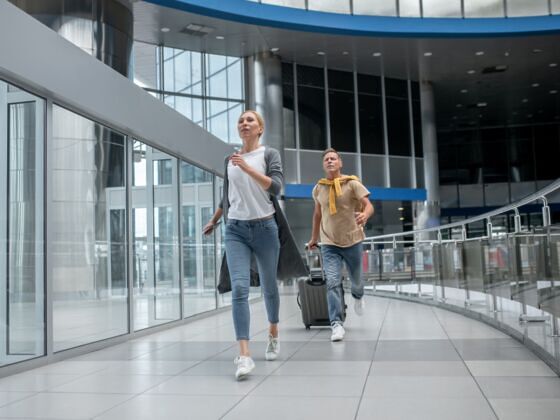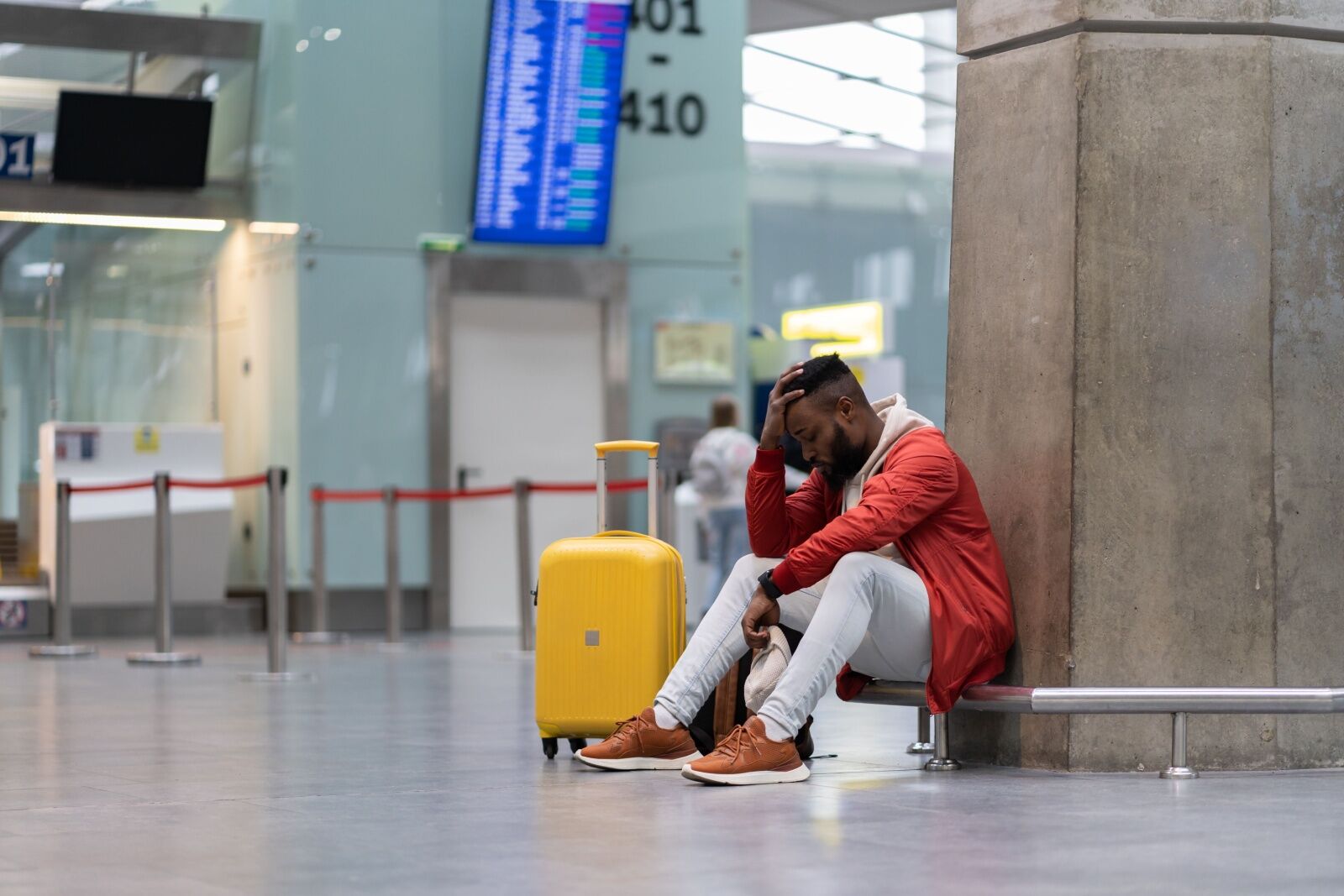Flying has its share of stressors, but even the calmest of travelers can get worried when they see a tight connection getting smaller and smaller due to flight delays. When that happens, travelers have only a few choices, like asking the people seated around them if they can get up first, running through the airport, or asking gate agents to call ahead to let the next plane know they’re coming. And who knows if your checked luggage will make it, either?


Made a Tight Connection on United Recently? You Have AI to Thank.
But if you’re flying United Airlines, there’s a new course of action you can take if it looks like you may miss your connecting flight: absolutely nothing.
That’s because United Airlines introduced new AI (artificial intelligence) technology a few years ago, and has been refining it ever since. Fittingly, United calls the technology “Connection Saver.” It works by analyzing thousands of pieces of data in real time to answer questions like which planes to hold, where to send cabin crew, and whether planes need to switch gates. The goal is to minimize the impact of delays to passengers, crew, and airlines, for current and future travel.
It was introduced in 2019, but it’s continually being refined. It was updated to automatically rebook passengers who have missed connections (usually via the United app) and, recently, was updated to send alerts to customers worried about making their connections.
“We had a lot of debate, like, ‘Should you tell people that you’re holding the plane? Like, would that make it worse or better,'” said Jason Birnbaum, United’s chief information officer, at a recent AI summit in NYC hosted by Skift data. “And so we let people know that we’re trying to get you to the plane so they don’t stop at Starbucks.”

Missed connections can stress even the calmest of passengers. Photo: DimaBerlin/Shutterstock
Connection Saver is likely to eliminate some headaches for travelers, but the airline may be replacing it with others. It recently announced new “personalized, real-time advertising, content, experiences and offers from leading brands,” on its mobile app and in-flight entertainment screens. Essentially, it means travelers will need to watch more ads. United says the “personalized” part of the ads are based on generalized traveler trends, rather than individual data about each traveler.
“Advertisers cannot access the personally identifiable information of United customers,” says the release. “Instead, Kinective Media leverages the insights of U.S. customers aged 18 and over to create aggregated and anonymized audience segments that it offers to Kinective Media advertisers.” Travelers who live in most states can opt-out immediately, though a few states only allow travelers to request to opt out. Either way, you can start the process online via the United website.